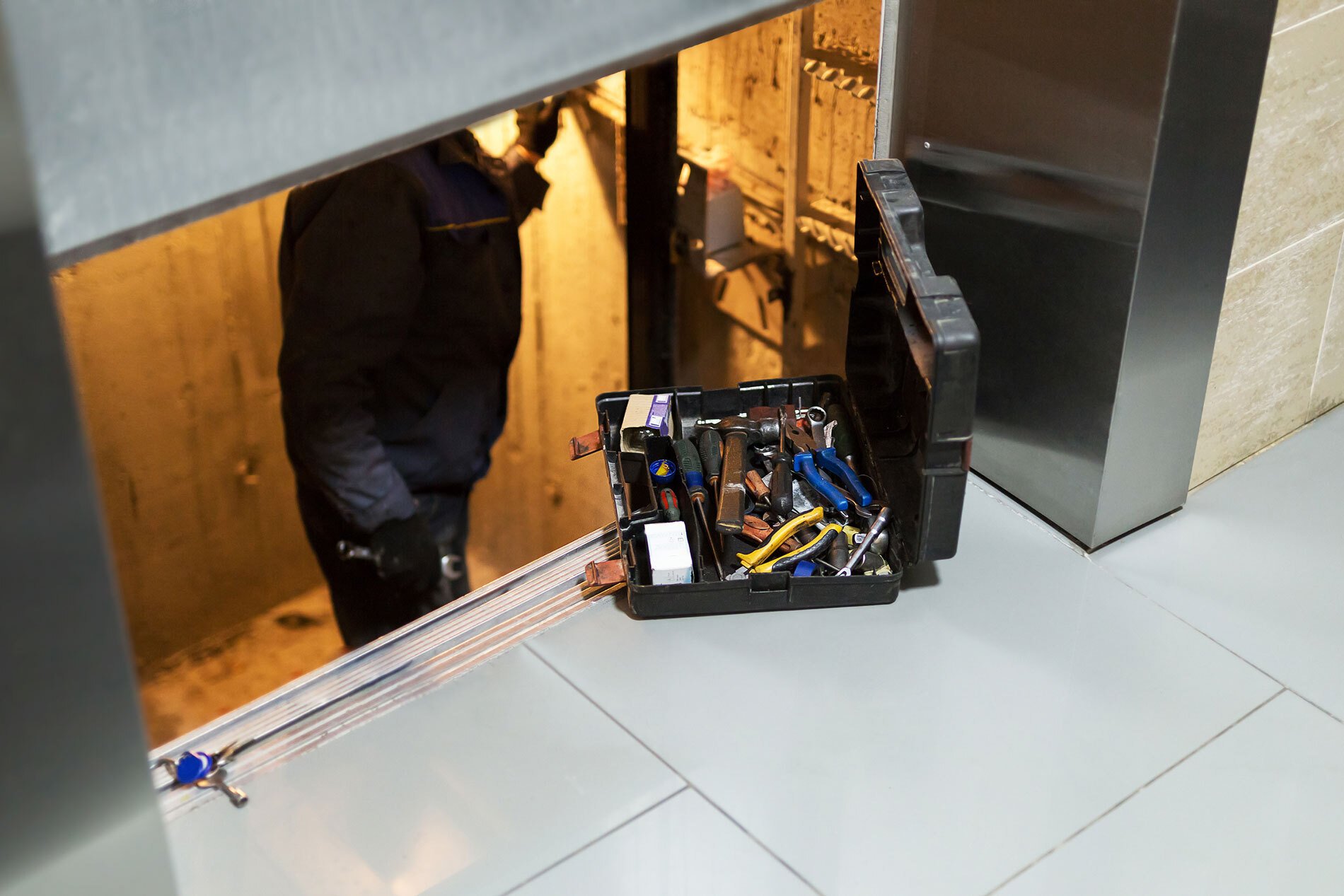Residential elevators are a significant investment, providing convenience and accessibility to homeowners. Ensuring these elevators operate safely and efficiently requires regular upkeep. Preventative maintenance is crucial for prolonging the lifespan of elevators, preventing costly repairs, and ensuring the safety of their users. This article explores the importance of preventative maintenance for residential elevators and highlights the benefits of regular servicing by experienced technicians.
Why Preventative Maintenance is Essential
-
Ensures Safety
Safety is the foremost concern for any elevator system. Preventative maintenance helps identify and address potential safety issues before they become serious problems. Regular inspections and servicing by qualified technicians ensure that all safety features, such as emergency brakes, sensors, and doors, are functioning correctly. This reduces the risk of accidents and ensures that the elevator operates safely for all users.
-
Reduces the Risk of Unexpected Breakdowns
Regular maintenance helps detect and rectify minor issues before they escalate into major failures. By scheduling routine inspections and servicing, homeowners can avoid unexpected breakdowns that may cause inconvenience or require emergency repairs. Preventative maintenance includes checking essential components like cables, pulleys, and motors, which can prevent sudden failures and ensure the elevator operates smoothly.
-
Extends the Lifespan of the Elevator
Preventative maintenance plays a crucial role in extending the lifespan of a residential elevator. Just like any mechanical system, elevators require regular attention to remain in optimal condition. Routine servicing helps prevent wear and tear on key components, such as the drive system and control mechanisms, thereby extending the overall lifespan of the elevator and protecting the homeowner’s investment.
-
Improves Performance and Efficiency
Regular maintenance ensures that the elevator operates at peak performance and efficiency. Technicians can adjust and calibrate the elevator’s components to maintain smooth and quiet operation. Proper maintenance helps in preventing issues like uneven leveling, slow response times, or jerky movements, which can affect the comfort and convenience of using the elevator.
-
Maintains Compliance with Regulations
Residential elevators must comply with various safety codes and regulations. Preventative maintenance ensures that the elevator meets all relevant standards and guidelines. Regular inspections help verify that the elevator is in compliance with local building codes and safety regulations, reducing the risk of fines or legal issues and ensuring the system’s legality and safety.
-
Prevents Costly Repairs
Addressing issues early through preventative maintenance can save homeowners significant amounts of money. Routine inspections help catch and resolve minor problems before they develop into more serious and costly repairs. Preventative maintenance reduces the likelihood of expensive emergency repairs, which can be both inconvenient and financially burdensome.
-
Enhances Resale Value
A well-maintained elevator can enhance the resale value of a property. Prospective buyers are more likely to be interested in a home with an elevator that has a documented history of regular maintenance and care. Providing records of routine servicing can give potential buyers confidence in the reliability and condition of the elevator.
-
Provides Peace of Mind
Knowing that the residential elevator is regularly maintained gives homeowners peace of mind. Regular maintenance ensures that the elevator is safe, reliable, and functioning as intended. Homeowners can trust that their elevators will perform well when needed, providing added convenience and accessibility without the stress of unexpected failures.
What to Expect During Preventative Maintenance
Preventative maintenance typically involves a comprehensive inspection and servicing process carried out by experienced technicians. Common tasks include:
- Inspecting and Lubricating Components: Technicians check and lubricate moving parts, such as bearings, cables, and pulleys, to reduce friction and wear.
- Testing Safety Features: Safety systems, including emergency brakes, door sensors, and alarms, are tested to ensure proper operation.
- Checking Electrical Systems: The electrical components, including wiring and control systems, are inspected for faults and wear.
- Cleaning and Adjusting: Components are cleaned and adjusted to maintain smooth and efficient operation.
Preventative maintenance is essential for the safety, efficiency, and longevity of residential elevators. Regular servicing by experienced technicians helps ensure that the elevator operates reliably, meets safety standards, and provides peace of mind for homeowners. By investing in routine maintenance, homeowners can protect their investments, avoid unexpected breakdowns, and enjoy the full benefits of their residential elevator for years to come.
With a service maintenance agreement from Exclusive Elevator, you can get both preventative maintenance and repairs provided by experienced technicians. Contact us.






Leave A Comment